How often should children be dewormed?
Children are very susceptible to worms, mainly roundworms, pinworms, hookworms, and whipworms. The reason is that children are often very active, like to explore everything around them, crawl, play on the floor, walk barefoot, and suck their fingers, so children are very susceptible to worms.
In addition, in some areas with poor sanitation, children can get worms from contaminated food and water. For hookworms, the larvae penetrate the skin into the body and cause disease in children.
The frequency of periodic deworming for children depends on the epidemiological area. According to the Institute of Malaria - Parasitology - Entomology, the worm infection situation in the Southeast provinces, including Ho Chi Minh City, is 13%. With this rate, the recommended frequency of periodic deworming is once a year. In particular, all family members should be dewormed at the same time to avoid the risk of worm egg infection.
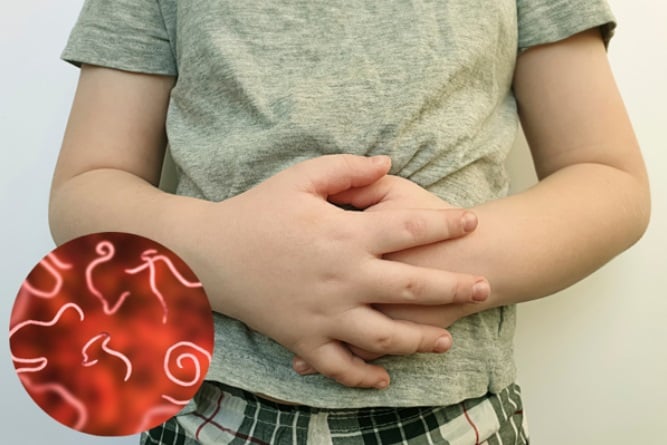
Illustration
Children infected with worms, how does it affect health?
Worms cause many annoying symptoms for children. When infected with worms, children often have digestive disorders, hindering the absorption of nutrients. On the other hand, they also lose food because of worms, so children will grow slowly, be malnourished, have poor resistance, and are susceptible to other infectious diseases.
Children infected with roundworms are often skinny, slow to grow, sometimes complain of stomachache, have poor appetite, poor sleep, anorexia, digestive disorders, loose stools, nausea, vomiting food, sometimes even worms... Children are often irritable, fussy, have mood swings, are lazy to move... Children infected with pinworms have itchy anus, especially at night, so they cannot sleep well, grind their teeth and wet the bed.
Not to mention complications such as worms entering the bile duct, intestinal obstruction and worms entering the blood vessels, through the liver and lungs; or in girls when female pinworms come out of the anus to lay eggs, they can crawl to the genitals causing infection.
Children with worms entering the lungs have prolonged cough, weight loss, fatigue, and can be mistaken for pneumonia due to other causes.
Children infected with hookworms may have severe anemia due to chronic blood loss due to damage to the intestinal mucosa causing prolonged bleeding. Therefore, children infected with hookworms often have poor appetite, slow growth, malnutrition and slow development, anemia, etc. It should also be noted that many people infected with early stage worms, or with mild infection, often have no symptoms.
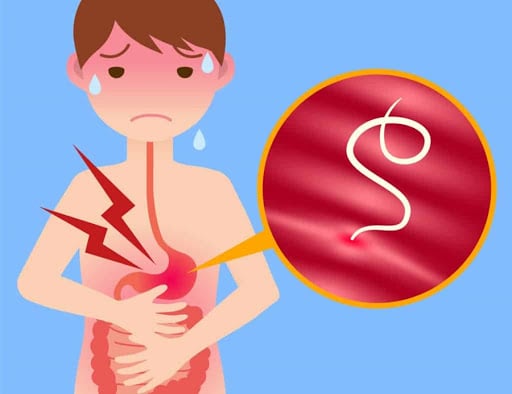
Illustration
Notes when using deworming medicine for children
Deworming medicine for children is easy to use and relatively safe, however, when deworming children, mothers need to pay attention to the following issues:
- Deworming should only be done when the child is 1 year old or older.
- When taking deworming medicine, children do not need to fast or diet, nor do they need to use laxatives.
- When taking deworming medicine, children may have some side effects (rare) after taking the medicine such as abdominal pain, nausea and transient diarrhea. These symptoms are usually mild and will go away on their own.
- In a very small number of cases, children may have allergic reactions to the drug such as rash, itching, hives. In that case, you should take your child to see a pediatrician for advice on appropriate treatment.
Who should not be dewormed?
Not all children can take deworming medicine. There are some contraindications such as: children with chronic diseases such as heart failure, liver failure, kidney failure, acute illness, fever... Therefore, you should consult your doctor before deworming your child.
3 ways to prevent worm infection in children
Children who are provided with good hygiene will have a lower risk of worm infection. Therefore, parents should note:
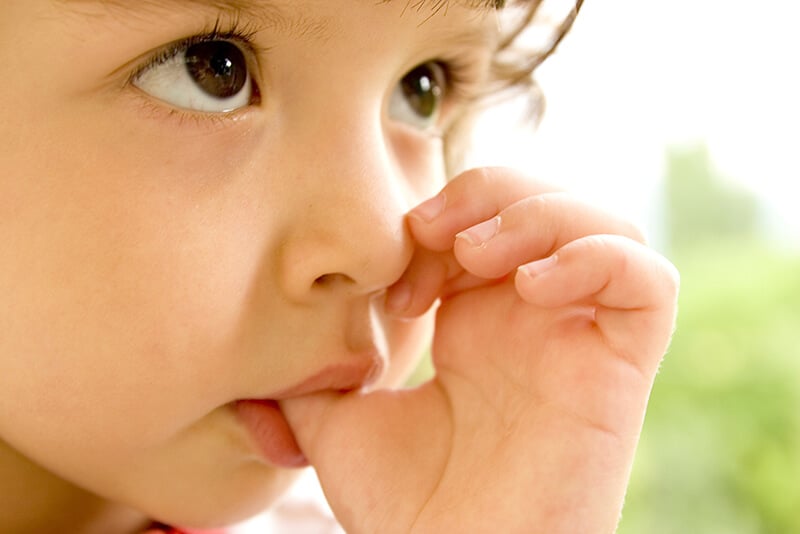
Illustration
Food hygiene
Children's food needs to be cooked, fruit washed and peeled, and water boiled and cooled to ensure hygiene.
Body hygiene
Children should be taught from an early age to wash their hands with antibacterial soap before eating and after using the toilet. Caregivers should also wear gloves and clean their hands when preparing food and caring for children. In addition to hand and foot hygiene, parents should regularly trim their children's nails and not let them defecate in the open, in cages, or wear pants with holes in the buttocks.
Cleaning toys
Children's toys need to be washed regularly, clothes and mosquito nets washed and dried in natural sunlight. Parents also need to regularly clean and wipe the child's play area.
Clean the surrounding environment
If the family lives in a rural area and grows vegetables, it is important to properly dispose of manure, away from the home and well. For young children, it is recommended to limit their playing and crawling on sandy soil near the growing area.
Source: https://giadinh.suckhoedoisong.vn/dau-hieu-tre-can-duoc-tay-giun-cang-som-cang-tot-172240601162253014.htm


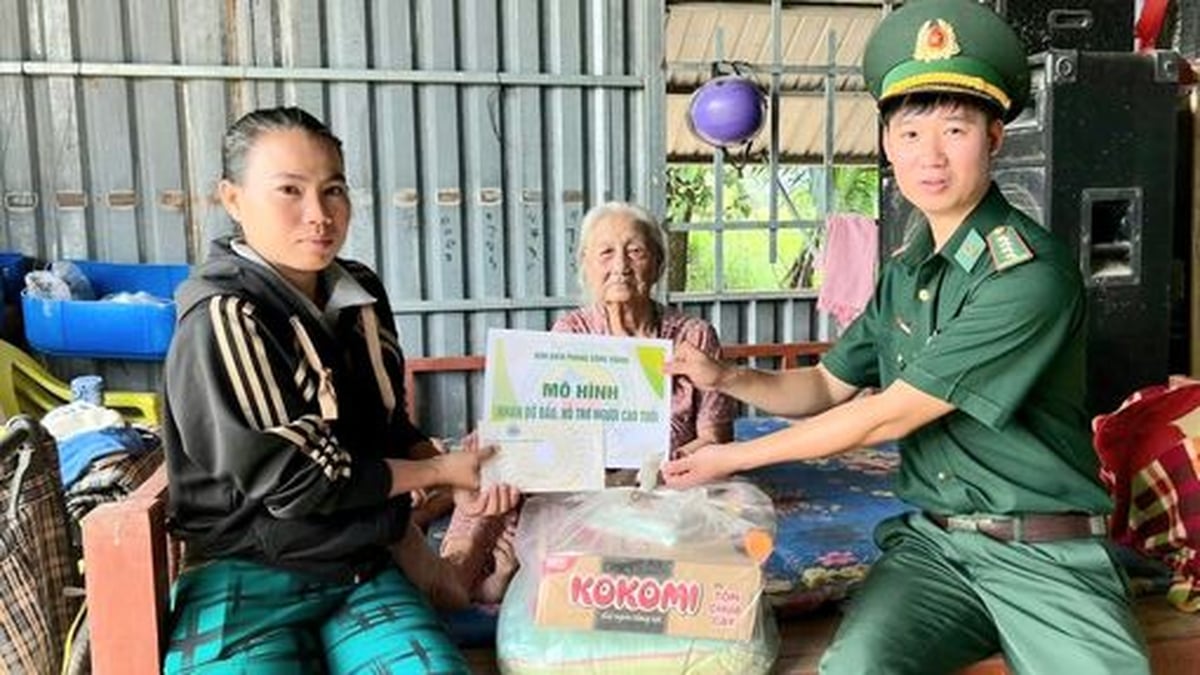


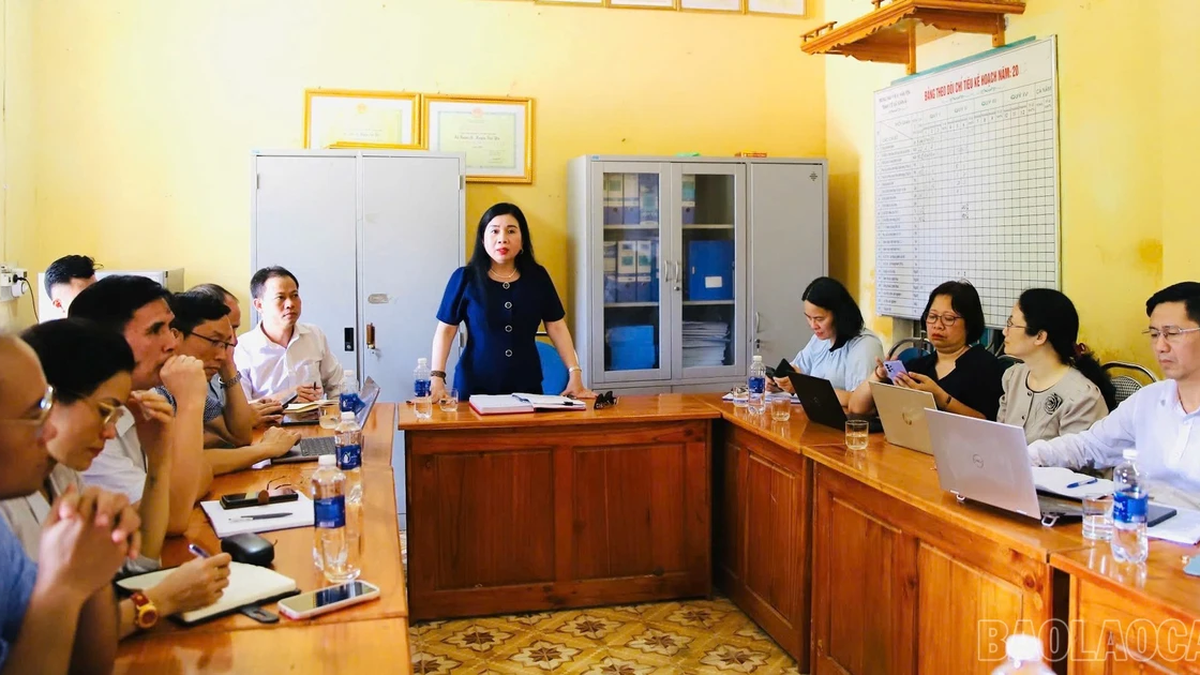






























































































Comment (0)